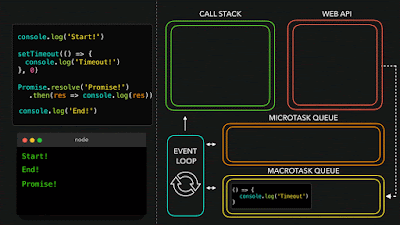Who to blame ?
"You made my planet a burning fire
You're getting to be my scariest mire
You're getting to be all struggling me … and let me tell you - ego
I hope and pray each day I live
A little less power each day you live
A little less strength on devotion to you
'Cause... all I do - is put the blame on you
All I do - is put the blame on you
All I do - is put the blame on you
Ego, just suppose I should happen to cross your mind
And by some chance a boy like me you're really been trying to find
Well let me tell you ego
Think of how exciting it would be
If you should disappear let us free
If you should flee and let us go
We'll I'm gonna tell you - ego
I'd light a candle every day
And pray that we’ll always feel this way
And pray that our love will forever be new
'Cause... all I do - is put the blame on you
and do so on ..."
> All i can do is listening the best forever Stevie WOooonder




